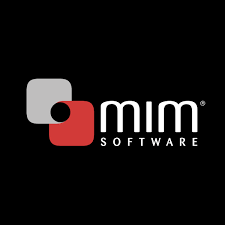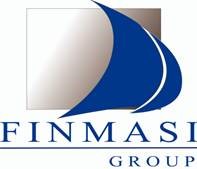
Our collection of resources based on what we have learned on the ground
Resources
Q&A
What are the advantages of using Hong Kong or Singapore as a holding company?

- March 2013
- Free Access
Given the number of tax treaties that Hong Kong and Singapore signed with the neighbouring emerging economies, they are ideal location for setting up a holding company because of: • Minimal exposure to corporate income tax • Options for f...
Q&A
Are there requirements to set up a holding company in Hong Kong for Chinese busi...

- March 2013
- Free Access
With the Closer Economic Partnership Agreement, Hong Kong companies that pass certain threshold may receive preferential treatment in operating in China. This is particularly true for service industry. However, these treatments may be time dependent ...
Q&A
Why is Singapore a better place for reaching out into Asia?

- March 2013
- Free Access
Since Singapore is a member of the ASEAN countries, a foreign-owned domestic company will automatically qualify for the duty free treatments across ASEAN countries. Also, Singapore has double tax agreements with India and China, this provides the ext...
webinar
Payroll in South China - Key Points to Understand the Chinese System

- February 2013
- Free Access
Sisi Xu, Senior Manager in Dezan Shira and Associates Shenzhen office, and Penny Li, Manager of Business Advisory Services in Shenzhen, introduce payroll from a financial and legal perspective.
podcast
Asia Briefing Magazine, January 2013 Issue: "Are you ready for ASEAN 2015?"

- January 2013
- Free Access
Chris Devonshire-Ellis, Founder of Dezan Shira & Associates, discusses the new dawn that ASEAN free trade brings to the entire region.
Q&A
What is ASEAN?

- January 2013
- Free Access
ASEAN is an acronym for the Association of Southeast Asian Nations. The Association is founded in 1967 and is comprised of Brunei, Cambodia, Indonesia, Laos, Malaysia, Myanmar, Philippines, Singapore, Thailand, and Vietnam. In recent years, the regi...
Q&A
What is Regional Comprehensive Economic Partnership?

- January 2013
- Free Access
Regional Comprehensive Economic Partnership (RCEP) scheme includes ASEAN bloc, China, India, Japan, South Korea, Australia and New Zealand. The aim of this partnership is, when being implemented, to lower customs duties and trade barriers between the...
Q&A
Why is Singapore a good base for Asia expansion?

- January 2013
- Free Access
There are mainly three reasons: Singaporean companies enjoy a low tax rate of 17 percent. There will be no tax payable on dividends earned externally from its borders. It is also possible to operate a Singaporean company as a “shelf” ...
Q&A
What are the requirements for foreign persons to set up companies in Singapore?

- January 2013
- Free Access
Since Singapore does not allow foreign persons to register directly for a company, a professional service firm must be engaged to register on behalf of companies with non-Singapore National Registration Identity Card holders, non-Employment Pass hold...
Q&A
Are there any tax incentive programs in Singapore?

- January 2013
- Free Access
There are a number of these programs, such as Global Trader Program, HQ Program and incentives under Productivity and Innovation Credit Scheme. These are all programs aiming to draw in or encourage investment in Singapore.
Q&A
How does the tax incentive program operate in Singapore?

- January 2013
- Free Access
Take one example, the incentives under Productivity and Innovation Credit Scheme – businesses can get cash payout or a 400 percent tax deduction or allowance on expenditure of up to SG$ 400,000 on each of the following six activities: Purcha...
Q&A
Is share capital required under Singaporean law?

- January 2013
- Free Access
The minimum paid-up capital (equivalent to share capital) is S$1 and the amount of this capital can be increased anytime after the incorporation of the company.
Enquire for more information about our services, and how we can help solve challenges for your organization
Contact UsOur Clients
Discover our esteemed global clients across diverse sectors. We believe in providing our clients with exceptional service and a commitment to being their partner for growth in Asia.
See what our clients say about us



























